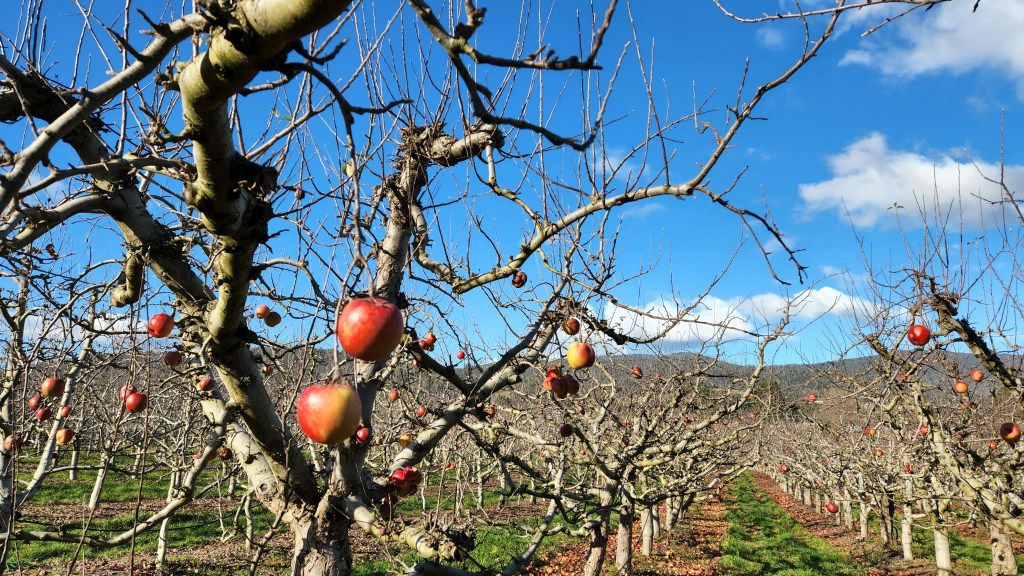The Tasmanian state government is sponsoring a study on the viability of creating new job and economic opportunities by transforming underutilised fruit waste into high-value products.
Conducted by FermenTasmania and Fruit Growers Tasmania, the “Polyphenolic Fruit Waste Valorisation Study” will focus on the wastage of fruits such as apples or grapes that are rich in polyphenols.
According to FermenTasmania, an increasing amount of medical research points to long term consumption of diets rich in plant polyphenols as a means of protection against development of cancers, cardiovascular diseases, diabetes, osteoporosis, and neurodegenerative diseases.
Several new fermentation techniques have recently emerged that preserve polyphenols and enable production of a powdered end-product that could be used as a nutraceutical ingredient in food and beverage products.
Data shows the global market for nutraceutical products and other fermented ingredient products is projected to almost double by 2034.
FermenTasmania Chair Kim Seagram said in a statement: “Tonnes of fruit in any given Tasmanian growing season is fed to livestock, composted, and sent for bio-composting or to landfill. Fermentation technology can turn that into a resource with huge potential economic value.”
Utilisation of food waste has been identified globally as an important way to reduce carbon emissions – Food Innovation Australia Limited (FIAL) estimated that the nation produces roughly 7.6 million tonnes of food waste per year, equivalent to $36.6 billion in costs to the economy. The research also showed that the amount of land used to grow wasted food in Australia covers more than 25 million hectares, a landmass larger than the state of Victoria.

Seagram added that the report identifies the opportunity for Tasmania to ‘have its apple cake and eat it too’.
“Rather than food waste ending up as stock feed or landfill these new technologies can transform it into high value food additives while enormously reducing the carbon footprint,” Seagram said. “Tasmania can become a leader in the global shift towards more circular agricultural practices.”
FermenTasmania said that the study not only identifies the current ecosystem and potential uses for fruit waste but will also serve as a new baseline in understanding existing fruit waste sources for future investment and policy making in the agricultural sector.
Project lead Dwayne Baraka said: “Fruit used for on/near farm purposes (such as composting and livestock feed), are likely to miss economic and nutritional opportunities. For example, while cows seem to enjoy eating grape marc and apple skins, it is far from clear that it adds to economic outcomes for cow farmers, nor the dairy industry, and even less clear that Growers share in any value created. This report will identify possible alternatives for such practices that might be more economically valuable to Growers.”
The organisation added that further research and development in fruit waste is planned, paving the way for the under construction Legana Fermentation Hub, which is estimated will create a potential 650 new jobs for Tasmanians.
To stay up-to-date on the latest industry headlines, sign up to Future Alternative’s enewsletter.
Posted on:


